|
Early school leaving is a social plague that occurs for several reasons: social exclusion, learning difficulties, poverty or family problems. To prevent this phenomenon, it is important to work on how the system is set up and the relationships within the classroom organised. The goal is to provide the necessary tools to fight early leaving through the appropriate notions and strategies. The new year starts with a new ESL course “Preventing conflicts and tackling Early School Leaving” which took place in Palermo from 16/01/2023 to 20/01/2023. The candidates came from various regions of Europe including France with Coralie Fleury, Laurent Levasseur, Cécile Thomas, Alison Vollé, Angélina Agoutin and Bryan Hacquard from Collège Georges Cuvier, Greece with Fani Marlen Roumelioti, Gakas Christos, Dalma Archountoula, Prata Margarita, Tsiskakis Nikolaos from Secondary school of Tira, România with Constantin Mihaela-Ruxandra, Preda Pătrașcu Neli-Ionela and Iancu Sergiu-Vasile from Comănescu-Ioniță Ioana-Lorena. 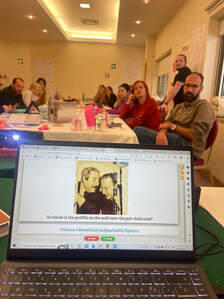 European policies have successfully faced the problem but there are still considerable differences between the European countries also due to the social context where culture influences work and school education. Our participants checked the main causes and effects of school leaving by comparing their methods and examining the internal and external dynamics of schools. We assume that being closer to students’ thoughts and feelings to make them involved is essential. The initiative aims to give all young people the chance to reach a certain level of proficiency in basic skills relying on their well-being. Hands-on activities were held to learn about the importance of active listening and emotional intelligence in making social connections without omitting the importance of fighting negative behaviours. The group focused on conflict management styles defining the student types which led to discussions to improve their attitudes introducing the concept of the mindset of growth. Tools and methods sharing allowed us to change perspective in education, making it possible to shift some negative habits into something new and better, showing how to improve our mindset from fixed to growth dealing with cooperation. We want to say ''grazie mille'' to the amazing participants of this week! This course was such a blast first of all because of you, your incredible energy and your cooperation.
The key word of this week's training course was “transformation”: we learned how to change perspective on conflicts, how to transform the strong and sometimes negative energy of some students into something positive and productive, how to change our mindset from fixed to growth, and how to transform a group of people into a team. Discover more about this course at: https://www.erasmustrainingcourses.com/early-school-leaving.html See you in Sicily:) Today is more than important to work on factors that can help preventing and managing Early School Leaving and conflicts. This is the goal of this training course, which is becoming increasingly important even though there are no easy answers. With a holistic approach in mind, participants learned how to identify the causes of this phenomenon, the best approaches and strategies to prevent, tackle, and reduce it, as well as the keys to conflict management. The new edition of the course “Preventing conflicts and tackling Early School Leaving” took place in Bologna from 23/01/2023 to 28/01/2023. The participants came from all across Europe, with Florentina Custódia Pascoal Ferreira, Vasco Renato Pires de Sousa, Sónia Cristina Reis de Aguiar Navarro Y Rosa, Lúcia de Fátima Monteiro do Couto, from Agrupamento de Escolas Emídio Navarro in Portugal, Yolanda Pérez Zapiaín, Mª Cristina Andreu Fernández from IES Leiras Pulpeiro in Spain, Natalie Raymond Maldonado, Lourdes Panadero Muñoz from IES Algazul in Spain, Ronja Turkka from Ammattiopisto Live in Finland, Roberta Argento, Lennox Baldacchino, Paul Sammut, Wilfred Cassar, Charmaine Pisani Grixti, Natalino Mallia from St Benedict College in Malta. Early school leaving is a widespread problem across Europe and being in a European context, participants got the chance to explore different perspectives at the national level. On the first day, they focused on defining what Early School Leaving means and on identifying the main risk factors. This enabled participants to create and share a realistic picture of their school experience with Early School Leaving, beginning with the underlying causes and ending with potential consequences. We started from the assumption that in order to develop an early school leaving approach, we deeply need to connect to our students, to be closer to their interests and their feelings. The participants engaged in hands-on activities to learn about the importance of active listening and emotional intelligence in creating social connection. The participants went on discovering the conflict management topic. First, we set aside some time to shift our perspective. With the help of an inspiring TED Talk, the group realised how conflicts provided them with unique opportunities to improve their relationship, communication, and understanding. Afterwards the group practised some non-formal activities to reflect the importance of membership and collaboration. Strategies for collaborative work and peer-education were analysed. On the last day, the group focused on how to battle negativity in the classroom, through group reflection and practical activities. The group defined and characterised the main “negative” student types and developed practical tips and suggestions on how to deal with them in the most effective ways. In the end, we analysed through visual tasks and group reflection the phenomenon of bullying and possible strategies to become upstanders and stop this problem. The key word for this week's training course was "transformation": we learned how to change our perspective on conflicts, how to transform some students' strong and sometimes negative energy into something positive and productive, how to shift our mindset from fixed to growth, and how to transform a group of people into a team. We leave you today with a small suggestion: “There is hope to deal with ESL and I encourage everyone to get involved in this course and live a memorable experience.” - Natalie, Spain Discover more about this course here. We all know that it isn’t always easy to find new and engaging ways of teaching, especially when dealing with young children. That’s why discovering and using innovative teaching methods can really make the difference in preschool education, in which play is seen as an important way of learning. Today a lot of different and useful ways of learning (like non-formal education, project-based learning, outdoor education and creative games) are being implemented. The last edition of the course “Innovative teaching methods for preschool teachers ” took place in Palermo from 08/01/2023 to 14/01/2023. We had the chance to welcome 9 wonderful teachers coming from 9 different schools of Belgium belonging to the organization GO!Scholengroep UN!K: Femke, Katja, Hilde, Nele, Kelly, Elke, Sofie, Anne and Daphné. Given the interest of our participants, during the course we talked about the Italian preschool system and how it works and its differences with the Belgian system. We also discussed about the different methods that can be used in an Italian preschool. Of course, these moments would have been incomplete without the sharing of experience, opinions and best practices of our participants. We also discussed about the power of Non-Formal Education. In fact, starting from the activities, we learnt about the Kolb’s experiential learning cycle and how it allows to pass from the activity to conceptualization and application, giving the children an active role in their own learning process. Of course we practiced as many games and activities as possible and the teachers had the opportunity to show their non-formal skills through drawing, dancing and singing. Then, we explored Project Based Learning which is an innovative method that, starting from a driving question, let children investigate real world issues. After looking at the characteristics and the principles of PBL, the participants tried to create a good driving question. During one day of the training course we also explored Outdoor Education. In order to do it, we visited Villa Trabia and we implemented a lot of activities there. Some of the advantages of Outdoor Education that emerged during the many games we did are the increase in motivation, the improvement of the psychophysical well-being thanks to the contact with the nature and the enhancement of the 5 senses. Finally, we discovered the power of creativity with a lot of activities that “forced” the participants to think out of the box! During the week, the group bonded a lot and created a great team spirit so that it was difficult to say goodbye. However, thanks to our last activity we found a very nice way to recap all the good moments and express our gratitude to the other participants. Now, they are ready for new challenges. Many thanks to the teachers for their enthusiasm and contribution! Discover more about this course in: https://www.erasmustrainingcourses.com/innovative-teaching-methods.htm
|
Welcome to the ELA Blog. Here you will find articles and photos of our courses and have a look at the topics addressed during the week in Bologna, Palermo and Tenerife. You will also have the chance to take a peek at our projects and check out what we have been up to.
Archives
July 2024
Categories |
-
Course catalogue
- 2023-2024 course catalogue
- Soft Skills >
- ICT and New Technologies >
- Inclusion and Diversity >
-
Innovative Teaching Methods
>
- Innovative teaching methods discovery
- Non-formal education teaching methods
- Dual education and work-based learning
- Teaching leadership and entrepreneurship
- Project based learning
- Game based learning and gamification
- Green skills
- Outdoor education
- Outdoor education trekking edition
- Promoting creativity and critical thinking
- Languages and EU projects >
- Preschool >
- Erasmus Plus KA1
- What we do
- About us
- Locations
- Blog
- Contact us
 English
English български
български Čeština
Čeština Español
Español Français
Français ελληνικά
ελληνικά Italiano
Italiano Polski
Polski Português
Português Română
Română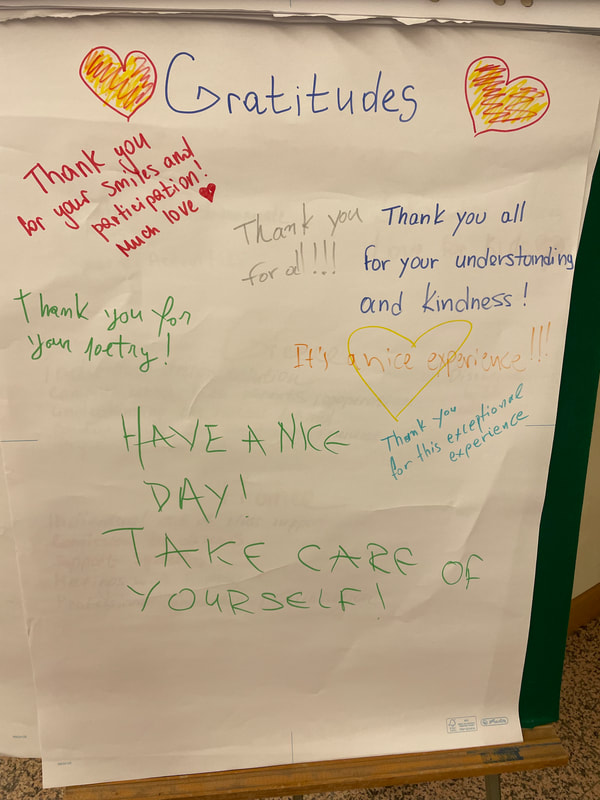
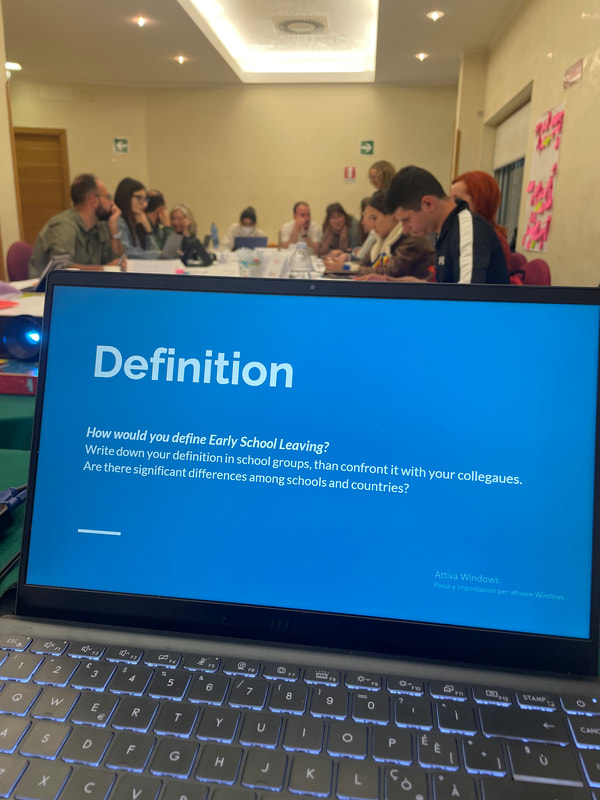
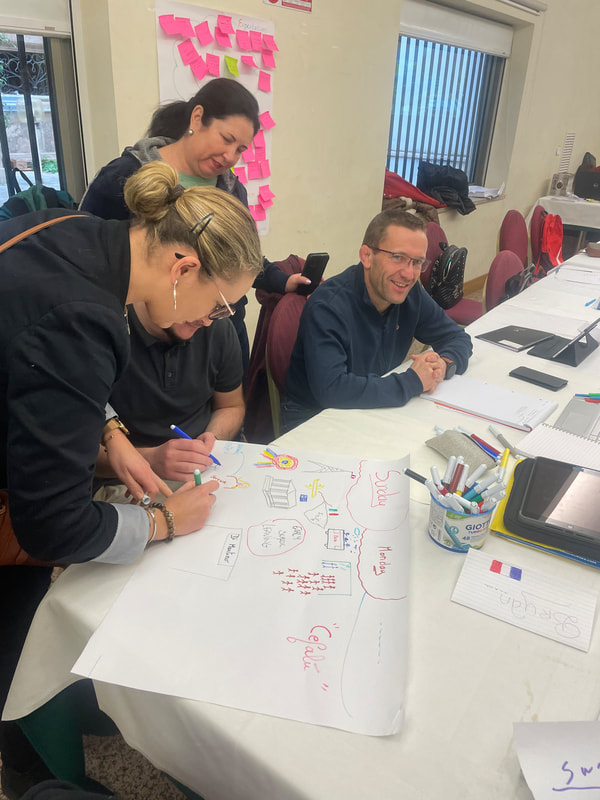
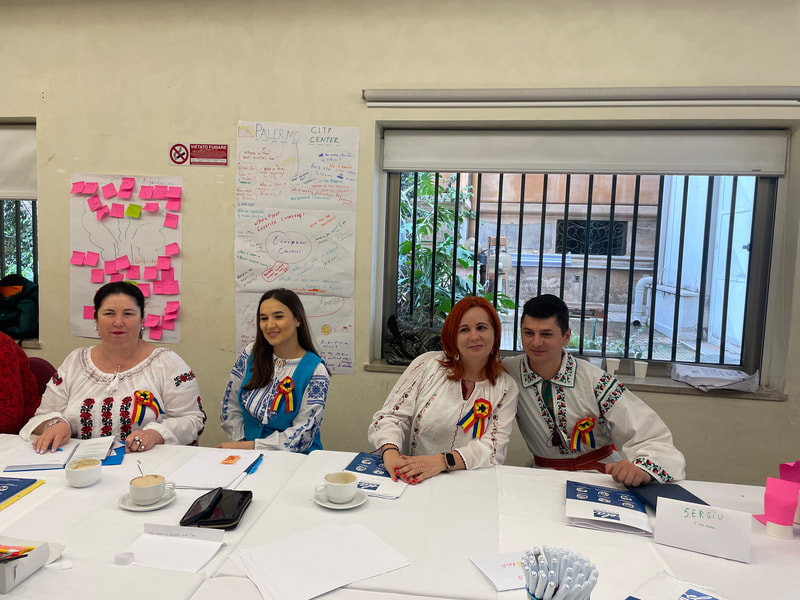
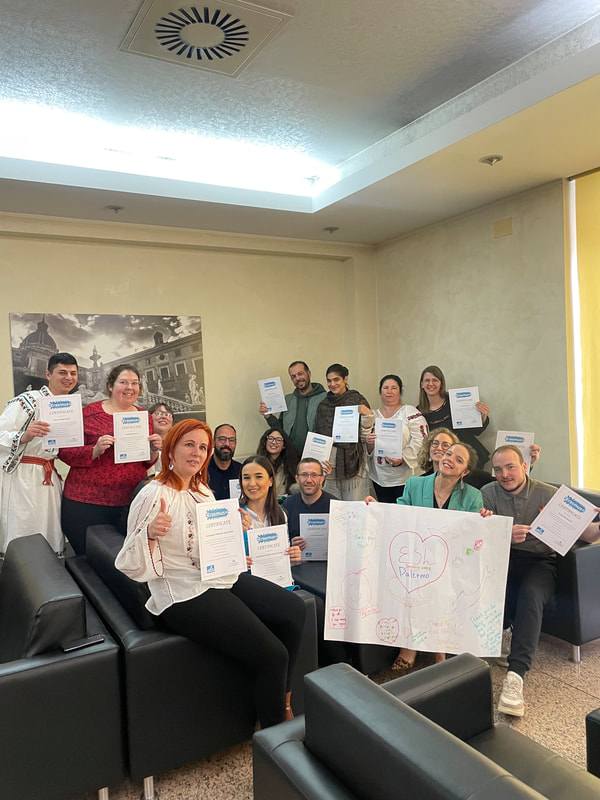
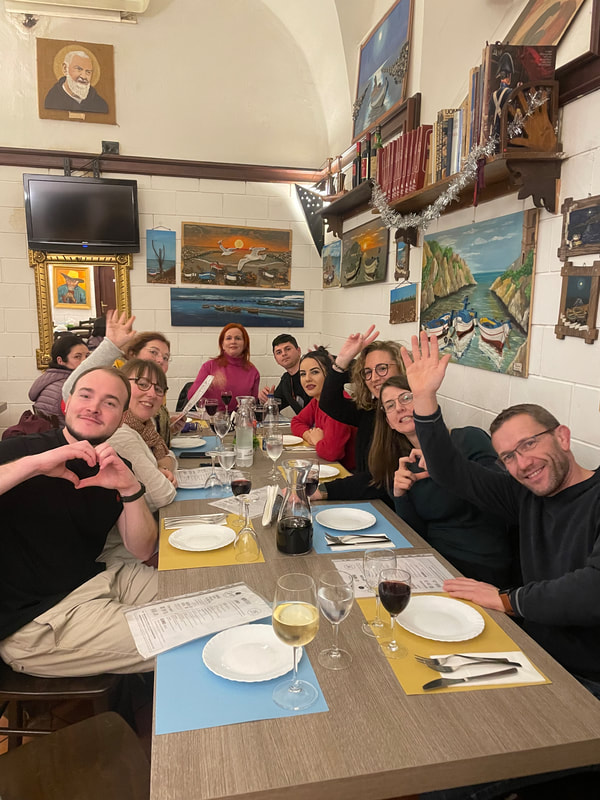
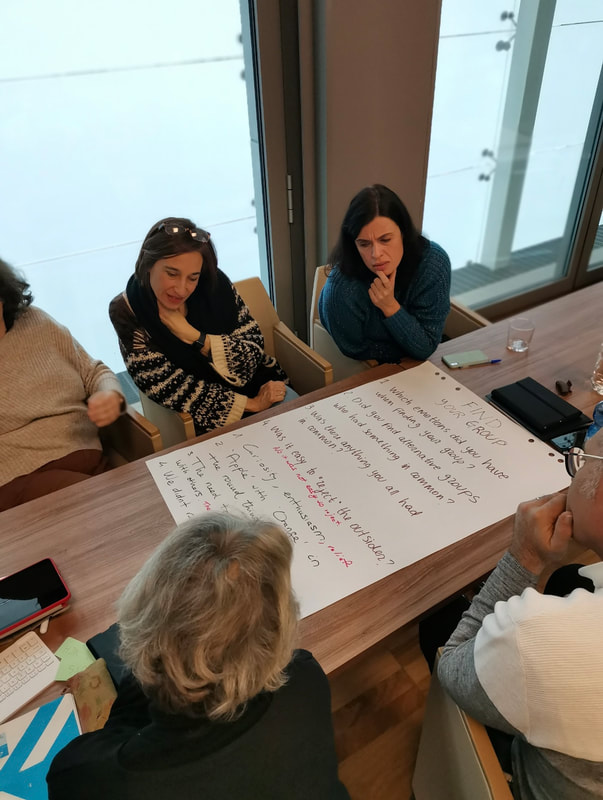
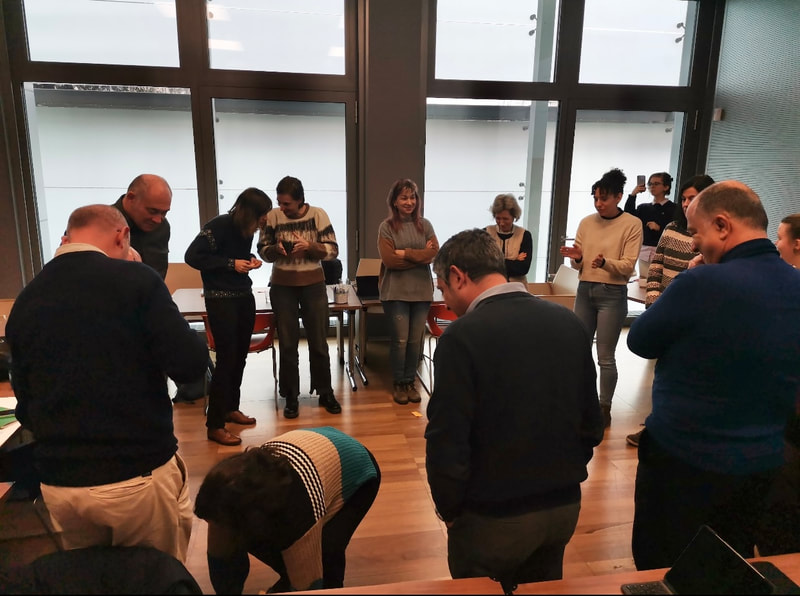
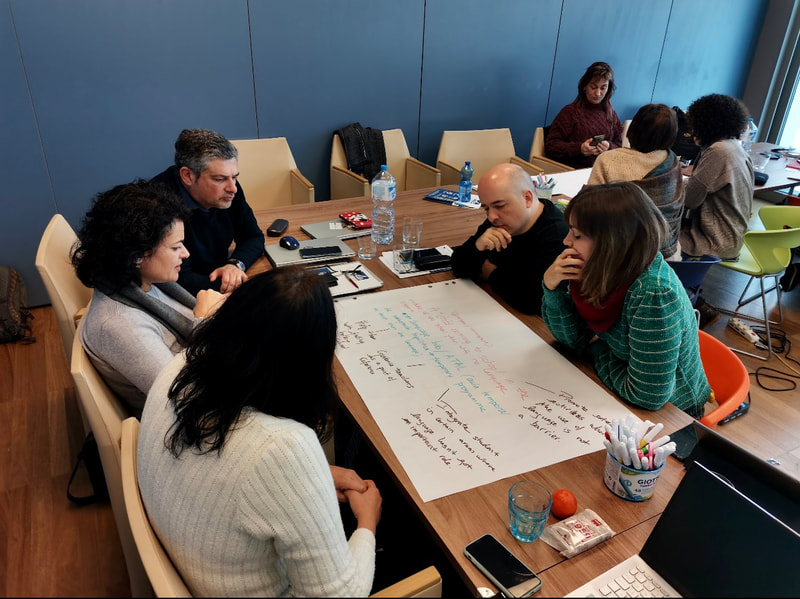
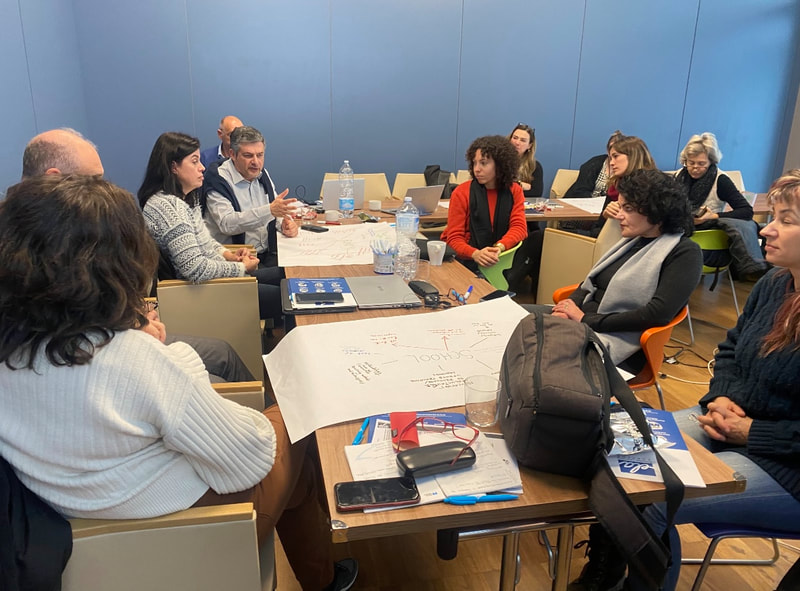
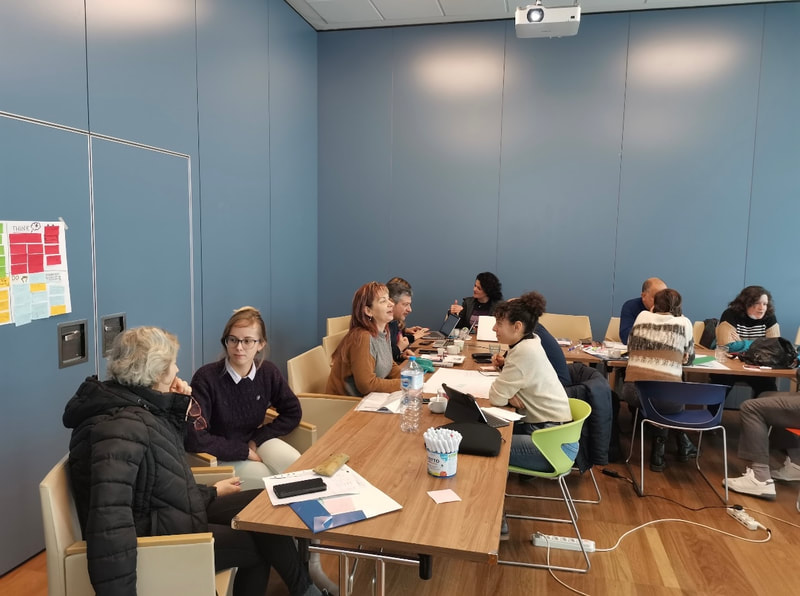
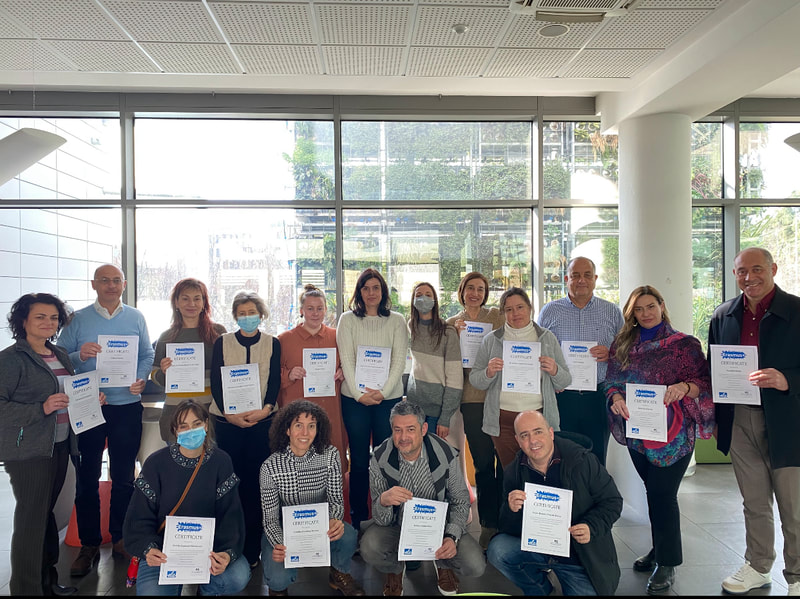
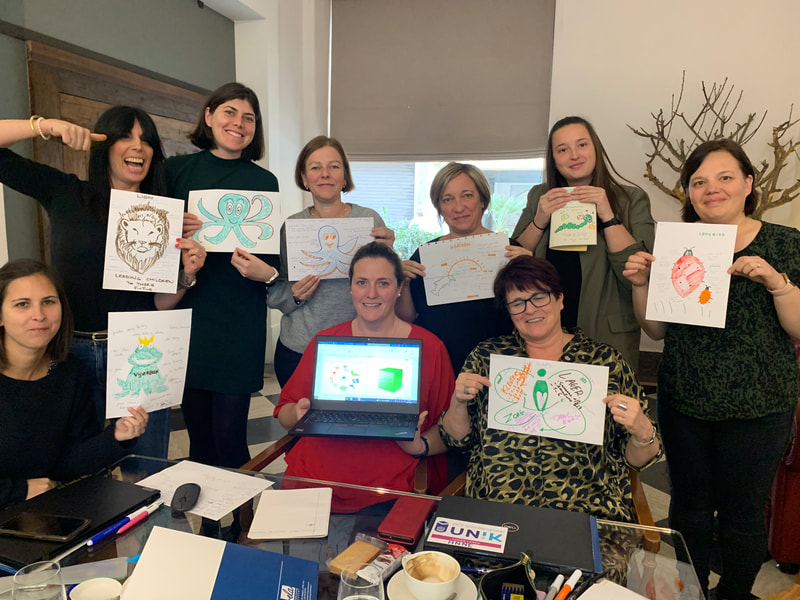
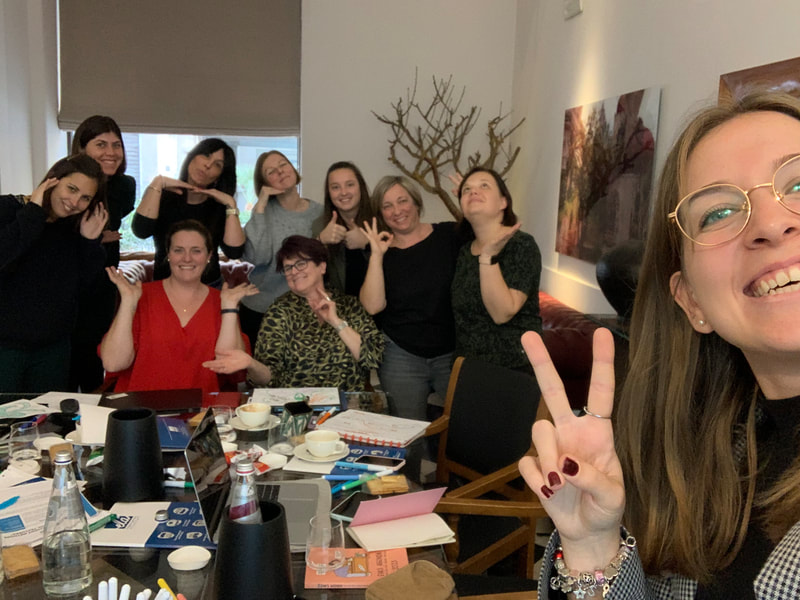
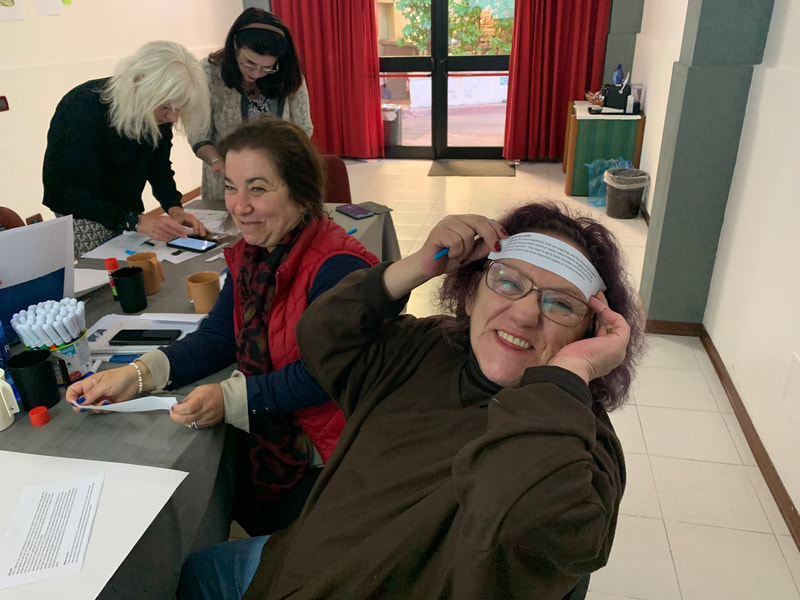
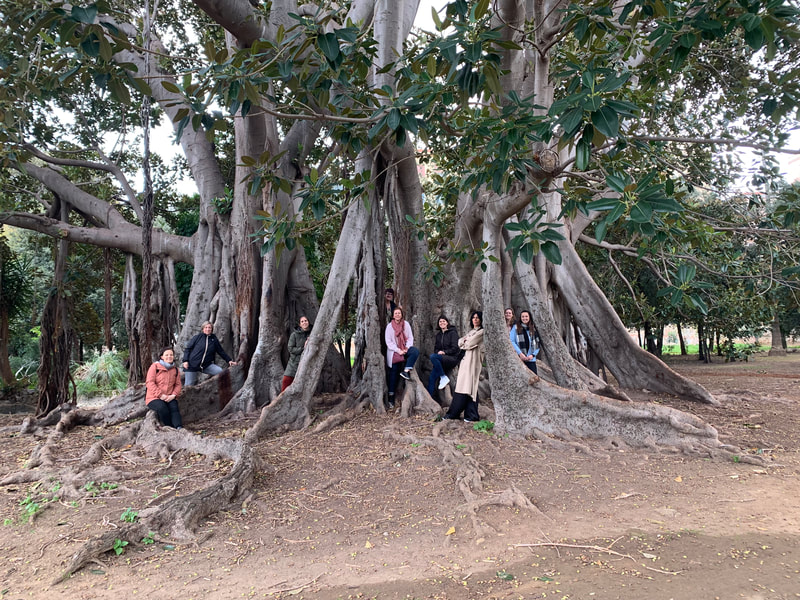
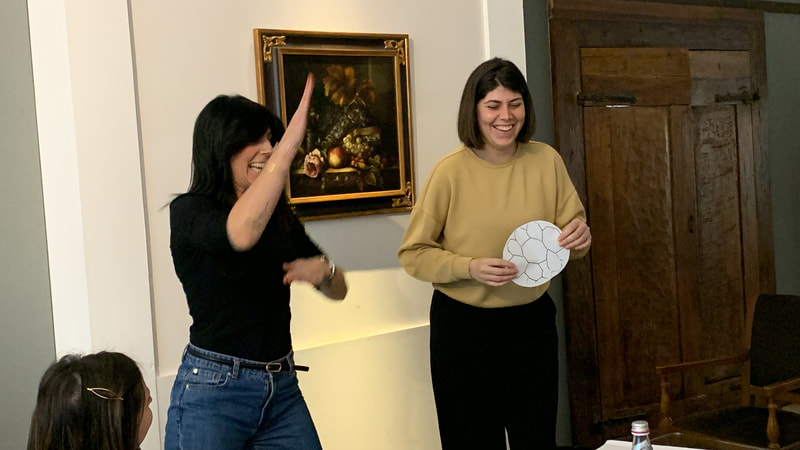
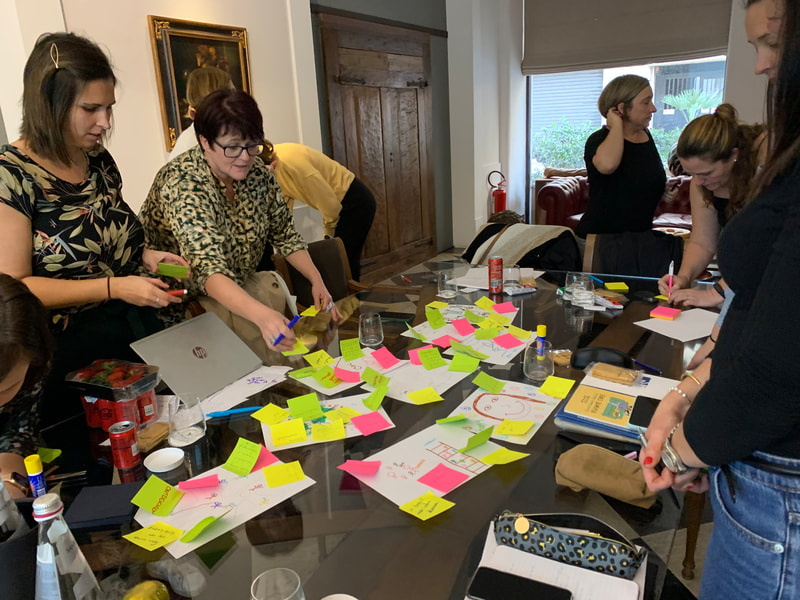
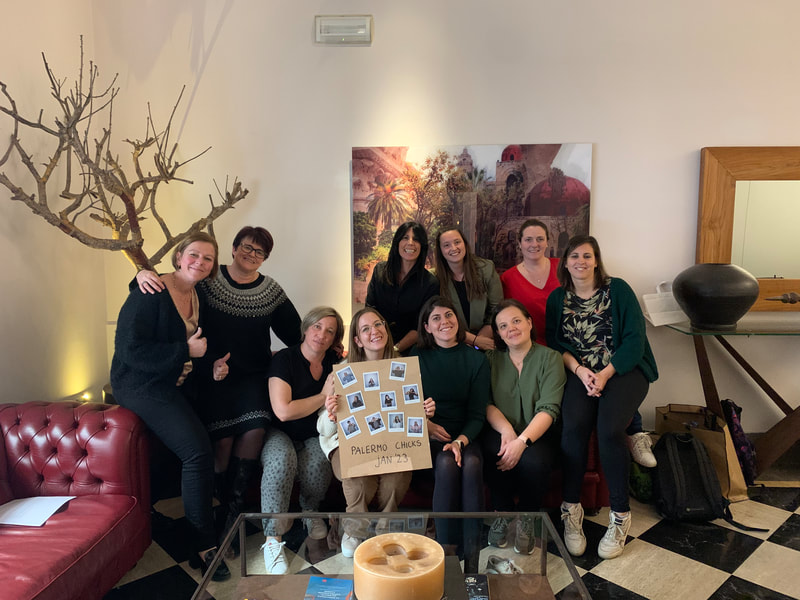

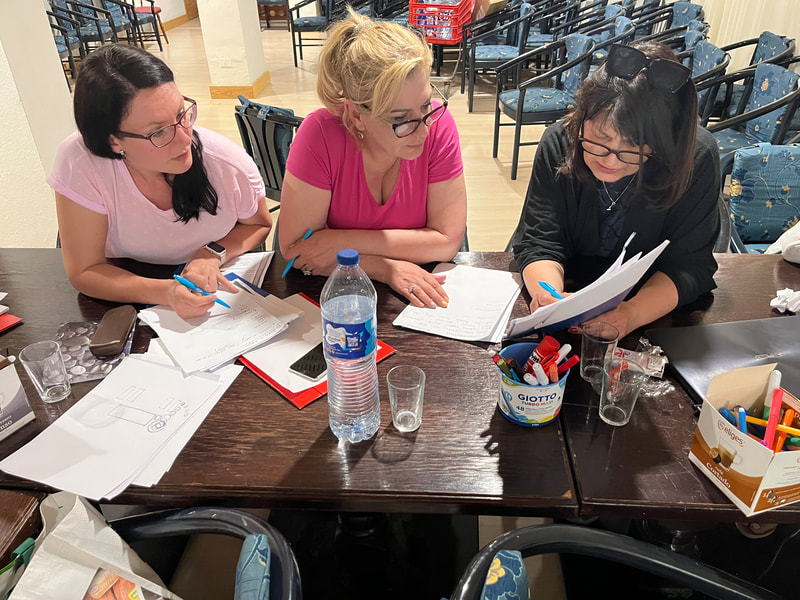
 RSS Feed
RSS Feed









